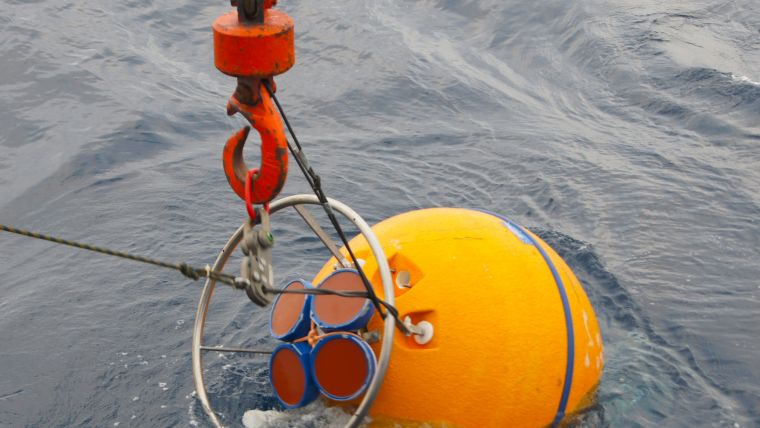Exploring the South Atlantic's Role in Ocean Currents
Fifteen years after the launch of the South Atlantic Meridional Overturning Circulation (SAMOC) initiative, substantial advances have been made in observing and understanding the South Atlantic component of the Atlantic Meridional Overturning Circulation (AMOC).
The AMOC redistributes heat, freshwater and carbon around the Earth and influences our weather and climate. The South Atlantic Ocean plays a unique part in this global conveyor belt: it is the only ocean region that transports heat towards the equator, and only in the South Atlantic are the upper and abyssal cells of the AMOC prominent.
The Impact of Water Temperature and Salinity
Scientists from Argentina, Brazil, France, Germany, South Africa and the United States of America have reviewed research about the AMOC focused on the South Atlantic Ocean. The review article builds on research conducted in the context of the SAMOC initiative. GEOMAR Helmholtz Centre for Ocean Research Kiel (Germany) supports the SAMOC initiative with the Tropical Atlantic Circulation and Overturning array at 11°S (TRACOS).
The expansion of the SAMOC observational network over the past 10 to 15 years, particularly along the SAMOC Basin-Wide Array (SAMBA) line at 34.5°S and the TRACOS line at 11°S, has provided key information about the structure and variability of the AMOC volume transports at these two latitudes, as well as the structure and temporal variability of flows along the western and eastern boundaries of the South Atlantic.
The transatlantic research cruise reflects the close collaboration within the SAMOC community in general, which is highlighted in the comment article about the inclusive science in the SAMOC community, which accompanies the review article. The South Atlantic Ocean has warmed from the surface to the deep and abyssal ocean, and salinity in the upper South Atlantic has increased, while intermediate, deep and abyssal water masses are freshening. Variations in the AMOC strength can have important societally-relevant impacts on coastal sea levels, marine heat waves, extreme weather events and shifts in regional weather and global climate.














